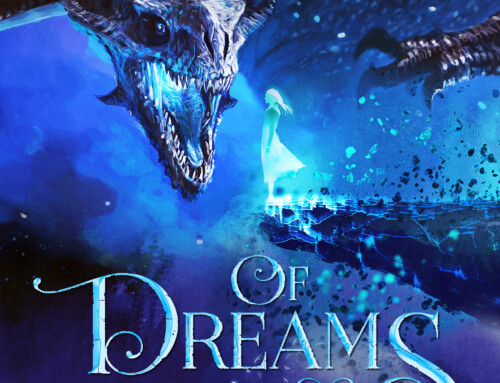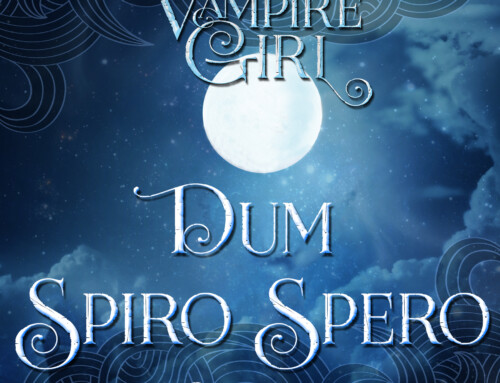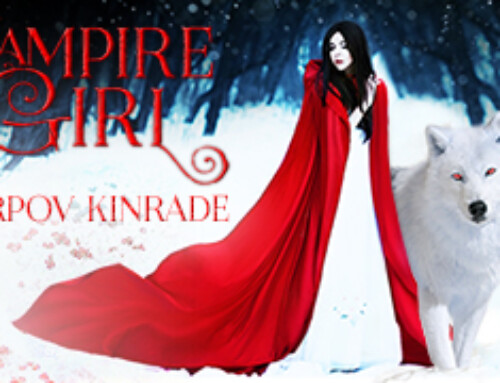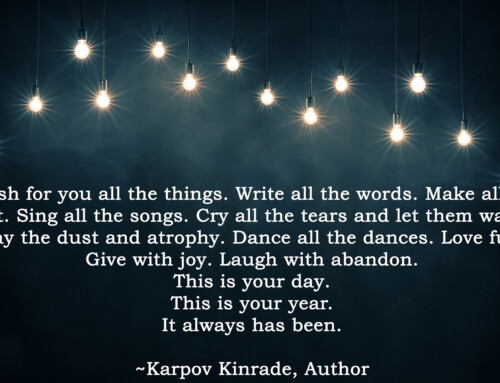Today I’m over at Evolved Publishing talking (err… writing) about genre categories for younger readers. Here’s a little taste of what’s up. Why not join us there and participate in the discussion?
Classifying Books for Kids and Young Adults
As a parent, I’m always on the lookout for great books for my kids. As a reader, I love to find a fantastic new author with whom to fall in love. As an author and marketing director for Evolved Publishing, I’ve taken an interest in how books are classified, especially for younger readers.
The fiction genres for adults are pretty clear-cut. There’s literary fiction and genre fiction, and you find what you like within those choices. Some like to mix it up with a little of this and that, but whether you’re looking for romance, horror, magic, science fiction, or a thriller, you generally know what you’ll find within your genre.
For the under 18 reading crowd, it’s not so simple. When does a child graduate from Goosebumps Horror books for young readers to real horror that would give grown men nightmares?
How much is too much in regards to language, sex, or violence?
Historically, children’s literature has not been conservative in some of these areas. I think back to the original telling of Cinderella, and remember her evil stepsisters cutting off parts of their feet to squeeze into that coveted glass slipper. Hey, at least they were committed!
Even stories featuring younger children often portrayed them alone and fending for themselves. Guardians and parents were removed from the story, in order to give the child the freedom to move about the adventure and learn the lessons they needed on their own. This is still true in children’s literature and cinema, from Dora the Explorer, to Harry Potter, to the whole trend of boarding school books in Middle Grade and Young Adult fiction.
There will always be books that push the envelope of what some consider “appropriate” for a particular age group, but, for the purpose of this article, let’s look at the ages typically assigned to each category and what they mean.
To read the rest of this article, click here.







